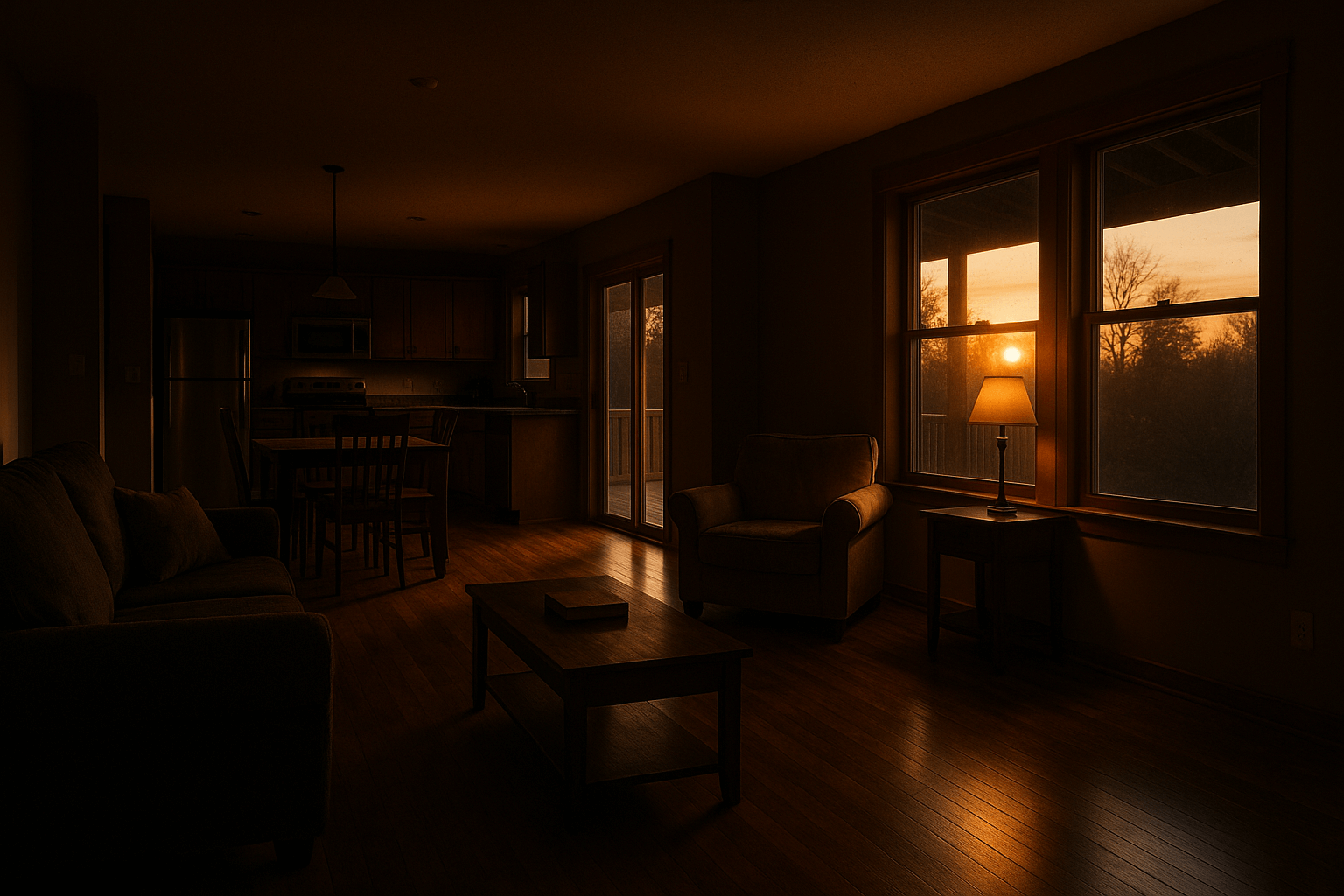As a personal injury attorney in Boston, I've witnessed a disturbing trend over the past few years. Our law firm has seen an alarming surge in calls from desperate parents whose children have suffered serious injuries at local trampoline parks. Just last month alone, we received more trampoline park injury inquiries than we did in all of 2020. What's particularly concerning is the severity of these injuries – we're not talking about minor sprains or bruises. We're seeing catastrophic injuries: spinal cord damage, traumatic brain injuries, and compound fractures that have left families devastated and children facing long roads to recovery. As both a lawyer and a soon-to-be father, I feel compelled to share what we've learned about these facilities and help parents make informed decisions about their children's safety.
The popularity of indoor trampoline parks has skyrocketed in recent years, but so have the injury rates associated with these recreational facilities. As Boston personal injury attorneys, we've seen an alarming increase in trampoline park-related injuries, raising serious questions about their safety.
The Disturbing Statistics
Recent data from the American Academy of Orthopaedic Surgeons (AAOS) reveals that in 2018 alone, more than 300,000 trampoline park-related injuries required medical treatment, with over 110,000 cases resulting in emergency room visits. Even more concerning is that injuries sustained at trampoline parks are often more severe than those occurring on home trampolines.
Related Reading
Trampoline Park Injuries: Know Your Legal Rights with Peck Trial Attorneys
Common Trampoline Park Injuries
The most frequent injuries at trampoline parks include:
- Musculoskeletal injuries (fractures, dislocations, sprains)
- Spinal cord injuries
- Traumatic brain injuries
- Broken bones
- Joint dislocations
- Soft tissue injuries
Research shows that trampoline-related bone fractures are 32% more likely to occur at commercial facilities compared to home trampolines, and the injuries tend to be more severe.
Why Are Trampoline Parks More Dangerous?
Several factors contribute to the heightened risk at trampoline parks:
- Multiple jumpers using equipment simultaneously
- Inadequate supervision
- Improper maintenance of equipment
- Dangerous design flaws
- Ineffective safety features
Studies indicate that up to 75% of trampoline park injuries occur when multiple people are jumping at the same time, creating unpredictable bounce patterns and increasing collision risks.
Legal Rights and Liability Waivers
Many parents are surprised to learn that signing a liability waiver doesn't automatically prevent them from seeking compensation if their child is injured. Important points to consider:
- Parents cannot legally waive their children's rights without court approval
- Waivers may be unenforceable if the language is unclear or ambiguous
- Parks can still be held liable for negligence, poor maintenance, or inadequate supervision
Safety Tips for Trampoline Park Visits
If you choose to visit a trampoline park, follow these safety guidelines:
- Visit during less crowded times
- Ensure one jumper per trampoline
- Prohibit somersaults and dangerous stunts
- Supervise children personally
- Look for parks with designated areas for different age groups
When to Seek Legal Help
If you or your child has been injured at a trampoline park, it's crucial to understand your legal options. Potential liable parties may include:
- The trampoline park owner/operator
- Equipment manufacturers
- Other park customers
- Maintenance contractors
References for Further Reading:
- American Academy of Pediatrics - Trampoline Safety Guidelines
- Consumer Product Safety Commission - Trampoline Statistics
- International Association of Trampoline Parks
- National Electronic Injury Surveillance System
- Orthopedic Surgery Journal - Trampoline Injury Research
At Peck Trial Attorneys, we understand the devastating impact trampoline park injuries can have on families. If you or a loved one has been injured at a trampoline park in the Boston area, contact our experienced personal injury attorneys for a free consultation to discuss your legal rights and options for compensation.









